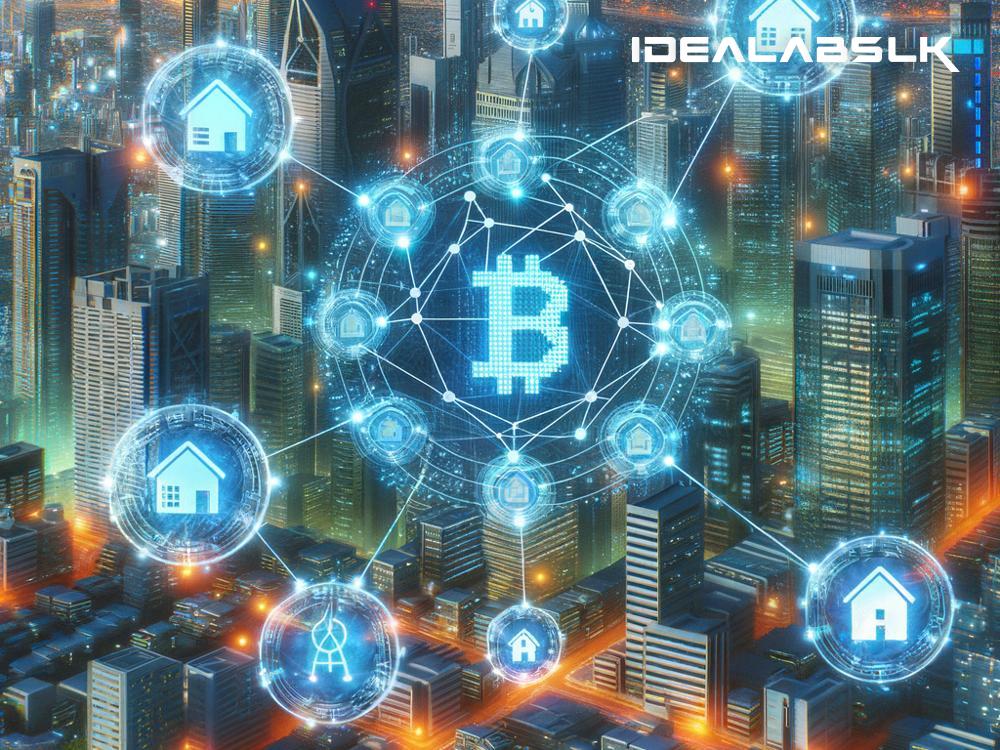Blockchain in Real Estate: Simplifying Identity Verification
In today’s fast-paced world, buying a piece of real estate often feels like stepping into a maze of paperwork, procedures, and checks, where verifying who you are takes up a huge chunk of time. But what if I told you there's a technology that could simplify this process, making it faster, more secure, and considerably less of a headache? Enter Blockchain, a revolutionary technology that's beginning to reshape the real estate landscape, especially when it comes to the crucial aspect of identity verification.
Understanding Blockchain in a Nutshell
Before diving into its application in real estate, let’s quickly demystify blockchain. Imagine a digital ledger that records transactions or information across a network of computers. This ledger is open and transparent yet incredibly secure, thanks to cryptography. Each piece of information (or block) is linked (or chained) to the next, creating a permanent, unalterable record.
The Hassle of Identity Verification in Real Estate
Buying or selling property has traditionally required a mountain of identification documents, background checks, and legal validations. This process is not only time-consuming but can also be vulnerable to fraud. False identities and forged documents can sometimes slip through, leading to complicated legal battles and financial losses.
How Blockchain Is Revolutionizing Identity Verification
1. Simplifying the Process
Blockchain can store an individual’s identity information in a secure and immutable manner. Once your identity is verified and added to a blockchain, it can be easily accessed and verified by parties involved in the real estate transaction without the need for repetitious documentation.
2. Enhancing Security
One of the standout features of blockchain is its unparalleled security. When your identity information is stored on a blockchain, it's protected by sophisticated encryption. This drastically reduces the risk of identity theft, ensuring that personal details remain confidential.
3. Increasing Transparency and Trust
Blockchain operates on a system of consensus, meaning that transactions or verifications can only be added to the chain if all parties agree. This creates an environment of trust, as everyone involved has access to a single, unchangeable version of the truth regarding an individual’s identity.
4. Reducing Fraud
The immutable nature of blockchain makes it almost impossible to forge documents or create false identities. Once something is recorded on a blockchain, altering it would require an astronomical amount of computing power, making real estate transactions considerably safer.
5. Speeding Up Transactions
With traditional methods, verifying a buyer or seller’s identity can take days, if not weeks. Blockchain can reduce this to a matter of minutes. The technology allows for quick verification against the secure, immutable records, significantly cutting down the time it takes to close deals.
Real-World Applications
While the integration of blockchain in real estate is still in its relative infancy, several pioneering projects and platforms are showcasing its potential. For instance, companies are developing blockchain-based identity solutions that enable people to prove their identity and creditworthiness quickly and securely, directly accelerating the pace at which real estate transactions can be concluded.
The Future of Real Estate Transactions
The adoption of blockchain for identity verification could herald a new era for the real estate sector. Envision a world where buying or selling property is as simple as a few clicks, where fraud is a tale of the past, and transactions are concluded in days instead of months. While there are certainly challenges to overcome, particularly in terms of regulation, the potential benefits are too significant to ignore.
Conclusion
The integration of blockchain technology in real estate, especially for identity verification, is opening up a realm of possibilities for making transactions smoother, quicker, and more secure. By addressing some of the most pressing challenges in the industry, blockchain stands to not only revolutionize how we buy and sell property but also to rebuild trust in the real estate process. As we move forward, the fusion of real estate and blockchain may well become the new norm, ushering in an age of efficiency and security that has long been overdue.

